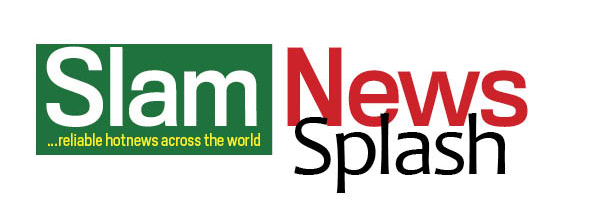The Independent National Electoral Commission (INEC) on Friday declared that Continuous Voters Registration (CVR) would officially end on July 31, 2022.
The Commission announced the extension after deliberations on some concerns around the exercise, among other things.
INEC’s National Commissioner and Chairman Information and Voter Education Committee, Festus Okoye, who disclosed this in a statement in Abuja, also said the Commission was projecting 95 million voters for the 2023 poll.
Okoye said the Commission took the decision following a judgment delivered by the Federal High Court on Wednesday July 13, 2022, which dismissed the suit filed by the Socio-Economic Rights and Accountability Project (SERAP) seeking an extension of the exercise beyond June 2022.
The Commission had previously extended the June 30 deadline but did not stipulate when the exercise would officially end
Okoye, however, said the court has now affirmed that INEC was at liberty to appoint a date of its choice to suspend the CVR, provided it is not later than 90 days before the date fixed for the general election as provided in Section 9(6) of the Electoral Act 2022.
He said that with the judgment of the Federal High Court, all legal encumbrances have been removed.
He said: “In compliance with the interim injunction of the Court pending the determination of the substantive suit, and in order to enable more Nigerians to register, the Commission continued with the CVR beyond June 30, 2022. For this reason, the CVR has already been extended beyond June 30, 2022, for a period of 15 days.
“With the judgment of the Federal High Court, all legal encumbrances have now been removed. Accordingly, the Commission has taken the following decisions:
“The CVR is hereby extended for another two weeks until Sunday, July 31, 2022, thereby bringing the total duration of the extension to 31 days (1st – 31st July 2022).
“The exercise has also been extended to eight hours daily from 9.00am – 5.00pm instead of the current duration of six hours (9.00am – 3.00pm) daily; and the exercise is also extended to include weekends (Saturdays and Sundays) as against only weekdays.”
Okoye maintained that though the timeframe may be tight for many prospective registrants, the Commission was required to do a lot under the electoral legal framework in relation to voter registration and compilation of the register that would require time to accomplish.
He said the commission would undertake clean up of the register to remove multiple registrants using the Automated Biometric Identification System (ABIS).
He added that commission would also consolidate the national register of voters and display same on Polling Unit basis for each of the 8,809 Registration Areas (Wards) across the 774 local councils nationwide for public scrutiny.
“This lasts for a period of one week. On the basis of a new projection of 95 million voters, on the basis of 10 voters per page, the Commission has to print 9,500,000 pages for the display; print millions of Permanent Voters’ Cards (PVCs) for all fresh registrants and applicants for transfer and replacement of lost or damaged PVCs; ensure that there is ample time for voters to collect their PVCs ahead of the 2023 general election; print the final register of voters in triplicate for the 2023 general election involving a projected 28,500,000 pages for accreditation and display at 176,846 polling units for national elections (Presidential and National Assembly) on February 25, 2023 and state elections (Governorship and State Assembly) on March 11, 2023; and make copies of the updated national register of voters available to political parties not later than 30 days to the date fixed for the general election.”
He appealed to Nigerians not to not to wait until the last few days before they inundate the centres again to register.


